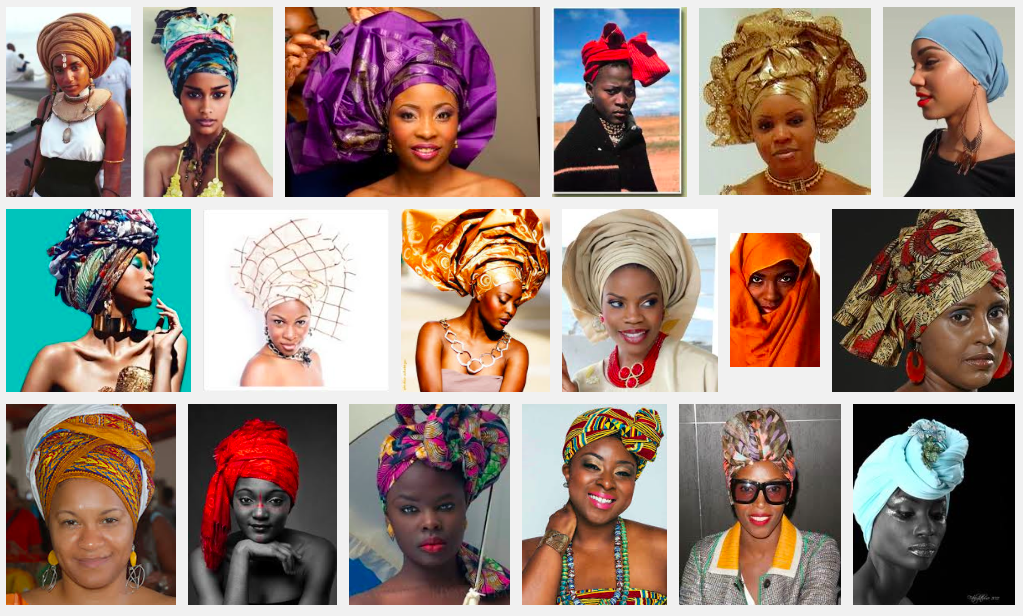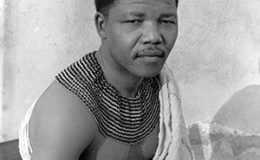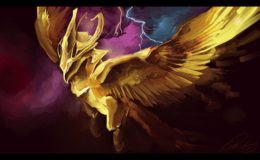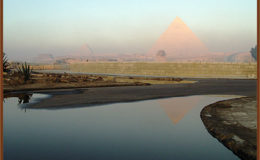וַיְדַבֵּר אֱלֹהִים אֶל־מֹשֶׁה וַיֹּאמֶר אֵלָיו אֲנִי יְהוָה׃ וָאֵרָא אֶל־אַבְרָהָם אֶל־יִצְחָק וְאֶל־יַעֲקֹב בְּאֵל שַׁדָּי וּשְׁמִי יְהוָה לֹא נוֹדַעְתִּי לָהֶם׃
God spoke to Moshe, and said to him: I am YHWH.
I was seen (va’era) by Avraham, by Yitzhak, and by Yaakov as God Shaddai,
but by my name YHWH I was not known to them. Exodus 6:2
The last time I drashed this parshah was the first Shabbat after the Inauguration of our forty-fourth President, Barack Hussein Obama. I thought about how his election wrote and rewrote history which led me to thinking about other radical re-writes, to the Constitution and even to some of our religious traditions. I decided to use an approach that I had assigned to my students for their mid-term examination, to read a passage, reversing elements of the narrative, I did some of this previously as well:
In a parallel universe in Parshat Va’era, God appears to Miryam HaNeviah, preferring her company and designating her as the prototypical and archetypal prophet. In yet another universe, God appears to Miryam and Moshe together. In other universes, God appears to Aharon, and to all the people together, eliminating hierarchy.
In one of these appearances, God declares, “I am the LADY” – as one of my students wrote in all capital letters signifying the holy four letters. GOD-WHOSE-NAME-IS-TOO-HOLY-TO-BE-PRONOUNCED – my preferred designation for the Most Holy Name – She spoke to her prophet (or prophets or people) and said:
I appeared to Hagar, Sarah, Rivka, Leah, Rachel, Bilhah and Zilpah as God who cradles and nurses the world at her breast, but by Most Holy Name, I was not known.
God told her prophets and people, “Go and tell the Her Majesty the King of Egypt” – here I imagine the gender-bending Hatshepsut who changed her public gender from female to male – “tell her to let my people go.” And she did. And she asked, “May I go with you? Can we worship at the mountain of the One together? Can we be God’s people too?”
In the alternate universes in my head, it’s a much shorter story. In these versions, God does not harden Pharaoh’s heart and then punish and kill him for being hard-hearted. In these versions, God does not hurt or kill the Egyptians created in her image; God does not inflict pain and suffering on the animals into whom she also blew the breath of life; God does not afflict the earth that she hand-crafted.
This alternative Torah comes with an alternative haftarah by the prophet Yechezqelet:
So says She Who Is the Sovereign GOD: “When I gather the house of Israel along with the peoples among whom they are scattered, and manifest my holiness in them all in the sight of the nations, then they all shall settle on their own soil that I gave to all of my servants, the daughters of Chava and their children, including the daughters of Hagar, Sarah, Rivkah, Leah, Rachel, Bilhah and Zilpah and all of their children. They shall all live in safety in it, and shall all build houses and plant vineyards. They shall all live in safety, when I bring justice to all their neighbors who have treated them with contempt and been treated with contempt themselves in turn. And they shall all know that I am the ONE, their God.”
Can anything be learned from rewriting the Torah? What happens when folk whose story is not the story of the Torah take that story for themselves? What happens when these parallel universes are not just in my head?
In one universe, some American Christians used the stories in this torah to exterminate as many of inhabitants of this land as possible. They did not see themselves as Pharaoh, but others did. In yet another universe, some German Christians, claiming allegiance to the God of this torah burned the Torahs that tell this story and the bodies of those who cherished Torah along with other undesirables. They did not see themselves as Pharaoh, but others did. Some of those who have rewritten this torah in their image have wreaked havoc on this world.
But they are not the only readers with an active imagination. In another universe, there were other readers, or perhaps hearers – most were not literate – who shared African ancestry with the Egyptians, and some with the Afro-Asiatic Israelites, but they knew they were not Pharaoh. They knew that they too were Israel, not because of the supercessionist Christianity that says God has replaced the Jews with Christians, but because they knew that they were God’s children. And they were slaves. And they knew that God would deliver them from bondage. Some of them may have known that they were farther from Egypt in slavery than their ancestors were in freedom. But they knew they were in Egypt. And God sent another Moses, and oh boy, oh girl, wasn’t she a sight to see.
Their children’s children’s children, kept reading themselves into other people’s stories. “All men are created equal,” but they were valued as 3/5 of a person, and their women – like the dominant culture women – didn’t count. Feminist women and queer folk seeking justice have read themselves into this story, whether or not they had an ethnic or religious claim on the Torah.
One more set of radical re-writes for your consideration: All women and men and children are created equal. What is rather than being counted as 3/5 of a person in the Constitution, black folk were entitled to 3/5 of the wealth generated by their ancestors? And what if we changed the haftarah for today from Yechezqelet to Yeshayahah? A text that is all the more intriguing because it is not in the lectionary or haftarah readings for any Jewish or Christian community that I could find: Isaiah 19:24-25, as it is written, “One day Israel will be the third with Egypt and Assyria, a blessing in the center of the earth, whom the COMMANDER of angel armies has blessed, saying, ‘Blessed be Egypt my people, and Assyria the work of my hands, and Israel my heritage.’”
What’s the worst that can happen if we take this unauthorized haftarah seriously? Reconciliation between Africans and Assyrians, Jews and Arabs, Muslims and Christians in Israel, Iraq, Syria, Turkey and Egypt? The US isn’t part of the geography of that holy land, but we could follow or even set an holy example. Dream a little dream with me as we discuss these questions:
1) The Torah is Israel’s story, yet they are accompanied out of Egypt by a mixed multitude – whom the rabbis don’t like too much and blame for nearly everything that goes wrong. Who’s in that mixed multitude today and what are they doing in this world?
2) What texts would you add in to the reading cycle? What texts come alive for you when you read them?
3) Can midrash change the world?
Shabbat shalom שבת שלם





Leave a Comment